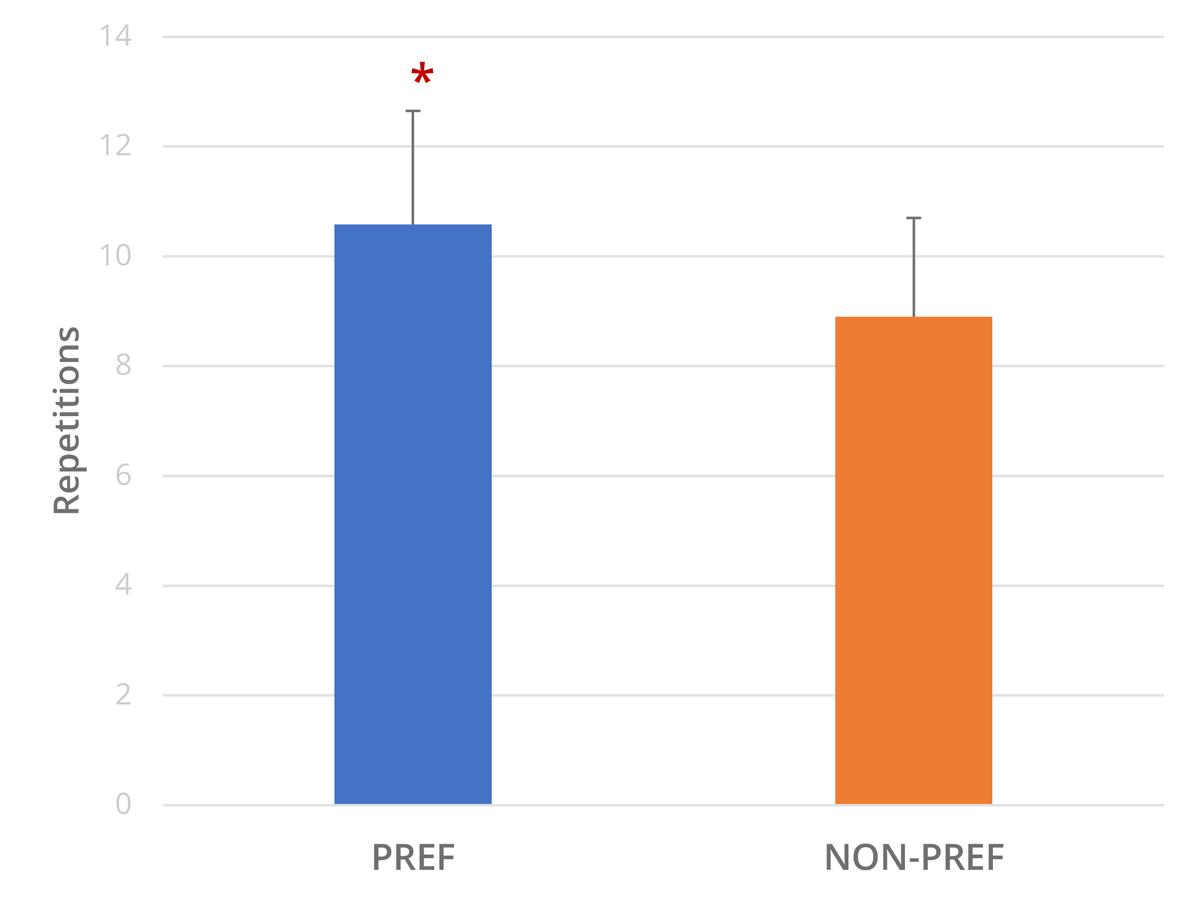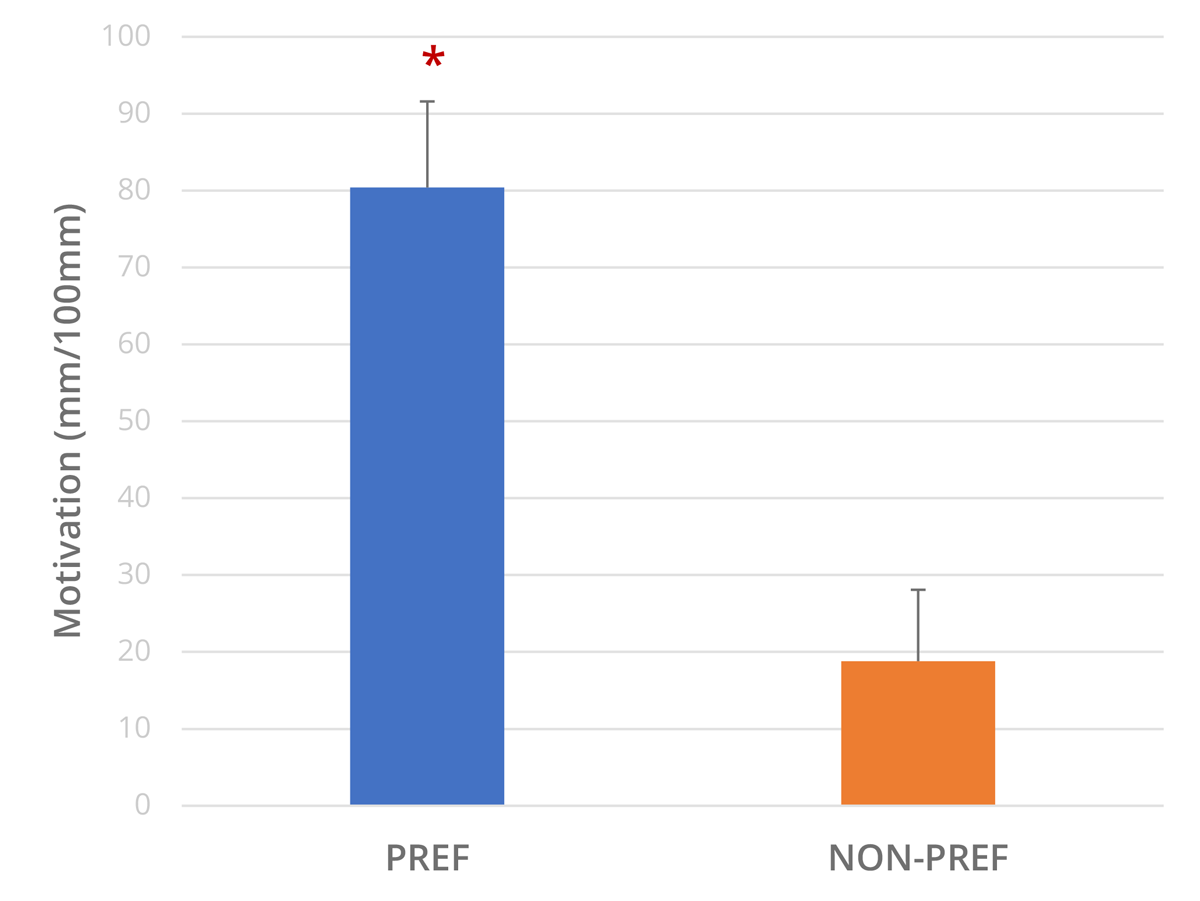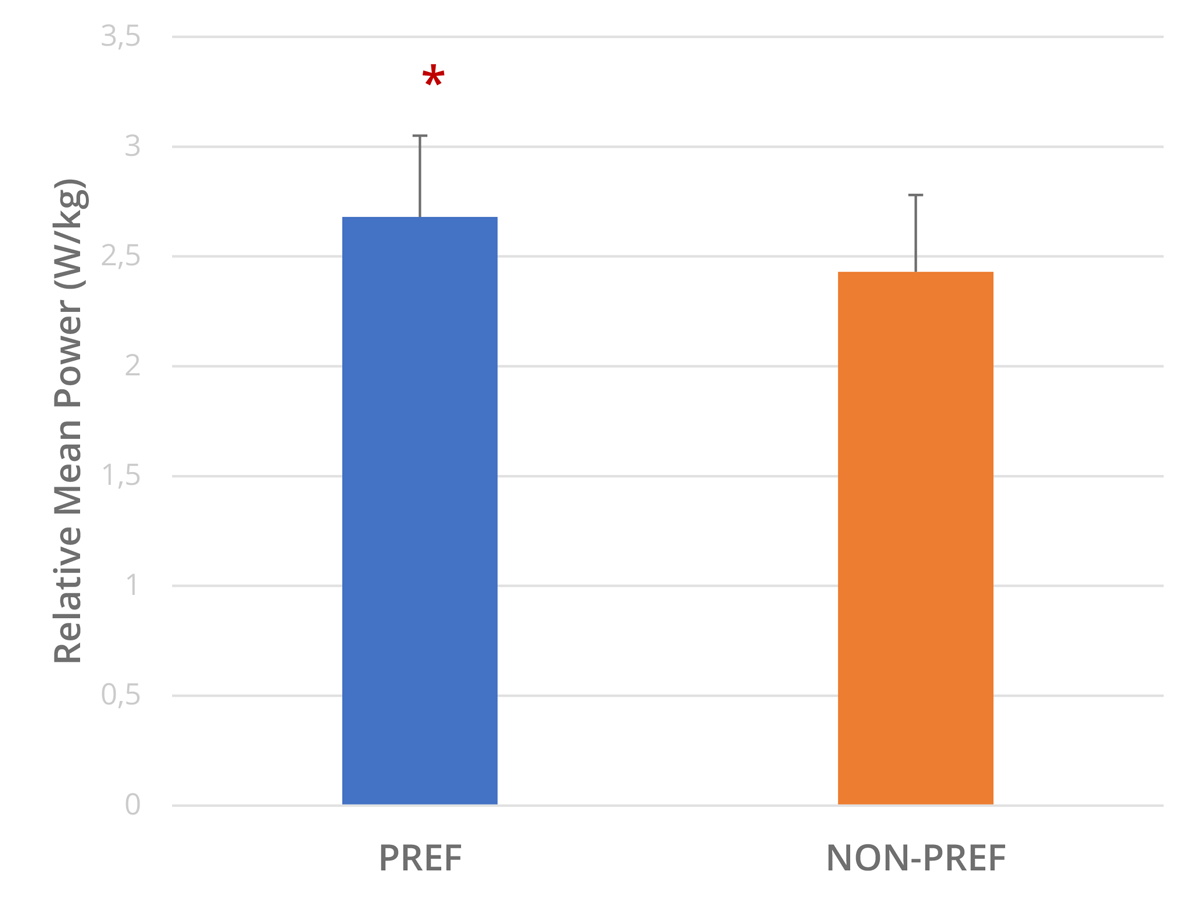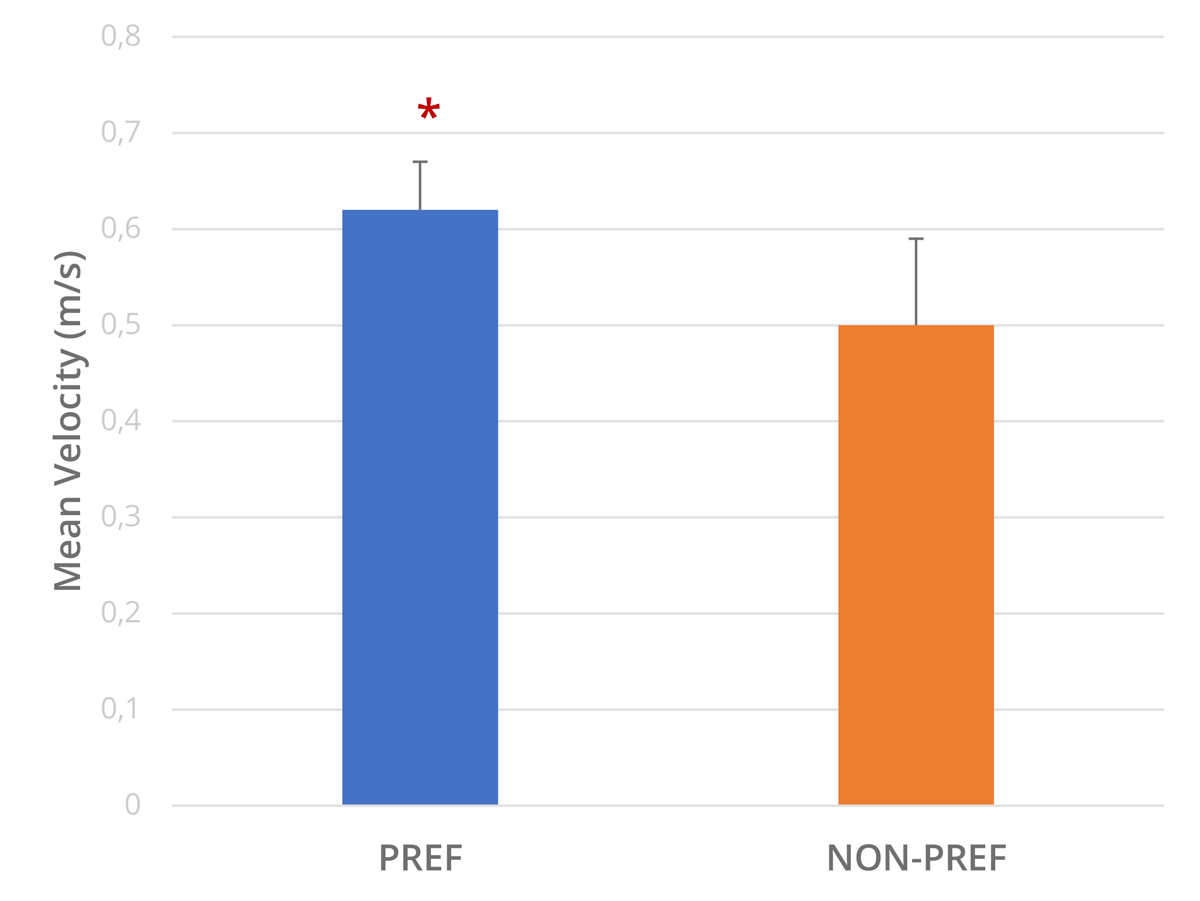
"No matter the notes, in music, it is the sensations produced that matter." said Leonid Pervomayskiy (Ukrainian poet from the twentieth century). It is well known, music can have a strong impact on our emotions. It can make us sad and melancholic as well as joyful and energetic. More precisely, music accompanies our emotions and exacerbates them. And for the sport, it seems that it acts as an ergogenic product (that is, a substance/way that would improve sports performance).
The effect of music on sports performance has already been studied. Most of the studies focused on aerobic performance with mixed results reporting an improvement in the perceived difficulty of the effort, an improvement in performance or even a decrease in performance. Some studies have been conducted in strength sport and have also reported contrasted results (improvement in power, increase or not in the number of repetitions, no increase in 1RM) depending mainly on the choice of music (imposed or pre-selected). But what about when athletes select the style of music they prefer ? What is the impact on performance during a resistance training exercise ?
In an attempt to answer these questions, a team of researchers from Samford University in Alabama brought together recreational practitioners to perform two sets of bench press, one with their favorite music and one with music they liked the least. For this, 12 resistance-trained males were recruited (1RM = 127.9 ± 40.2 kg). Each practitioner had the choice of 6 genres of music (Rock and Roll/Hard Rock, Rap/Hip Hop, Pop, R&B, Country and Dance/Electronic) that he ranked from his favorite to least favorite. For each favorite genre, participants chose 1 song among 5 ranked in the top 10 of the year 2017. A song was also randomly selected from the least favorite genre list. For the favorite music, eleven participants chose "Rap/Hip hop" and one, "Rock and roll/Hard rock". For the least popular music, ten participants chose "Country" and two, "Dance/Electronic".
All participants had to perform two sets of bench press at 75% of their 1RM (previously evaluated) until failure, with their favorite music and the music they preferred the least. Both sets were performed in random order for all participants. In addition, during each set, participants were instructed to complete all repetitions as explosively as possible. A linear transducer (GymAware) was used to determine the velocity and power produced during the first three repetitions. Finally, after each set, the motivation was measured via a visual analog scale that consisted of a 100mm line ranging from "not at all motivated" to "motivated to the maximum". Practitioners had to indicate on this line how they felt during the sets.
The main results of this study show that listening to your favorite music, compared to listening to a non-preferred music, allows for more repetitions until failure in bench press (Fig. 1), greater motivation (Fig. 2), higher velocity (Fig. 3) and better power output (Fig. 4).

Figure 1. Repetitions to failure in bench press exercise with preferred vs. non-preferred music.

Figure 2. Motivation in bench press exercise with preferred vs. non-preferred music.
One of the mechanisms that could explain why listening to the music we love can have a beneficial impact on sports performance is the principle of dissociation. This would allow to less focus on the fatigue felt during the effort. Indeed, several studies have already shown a decrease in RPE (rate of perceived exertion) scores during endurance or strength efforts. In addition, motivation scores are significantly higher than those observed when participants listen to music they do not like. A better motivation can impact on the desire to do better and therefore have the will to provide additional muscular effort. Finally, the researchers also evoke the arousal that could be increased via listening to the favorite music, which would also play a role on the effort provided.

Figure 3. Relative mean power in bench press exercise with preferred vs. non-preferred music.

Figure 4. Mean velocity in bench press exercise with preferred vs. non-preferred music.
Finally, this study simply shows that listening to music that we do not appreciate can have a negative impact on muscle performance. But can music improve our performance? This protocol does not allow to answer to that question. Indeed, for that, it would have just been necessary for the participants to realize a third set without music, in order to know the number of repetitions to the failure realized in control condition. Moreover, it would have been interesting for the researchers to propose an evaluation of the motivation before the sets. Because the score collected after can be increased or decreased simply because of the realized performance (good or bad).
What is certain is that music plays on our moods. Even if it does not improve our performance, training with a music that we like seems to give us more energy and motivation. And as often the mood influences the physical, if the motivation is lacking in the gym because of the fatigue and the stress of the working day, choosing a good playlist can help to re-motivate and work effectively (like a day with "normal" motivation). Conversely, it can be interesting to isolate yourself with your headphones if the gym where you train is broadcasting music that you do not appreciate at all. Since, as the results of this study show, music that we do not like has a really negative impact on our performance (here 2-3 reps less). And we all know, sometimes, a good or bad workout depends on a few successful or failed reps...
We remind you that you can quote articles by limiting your quotation to 200 words maximum and you must include a nominative link to this one. Any other use, especially copying in full on forum, website or any other content, is strictly prohibited. In doubt, contact us.
Copyright © 2011-2024 - www.sci-sport.com - All rights reserved